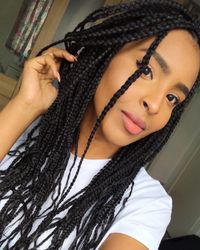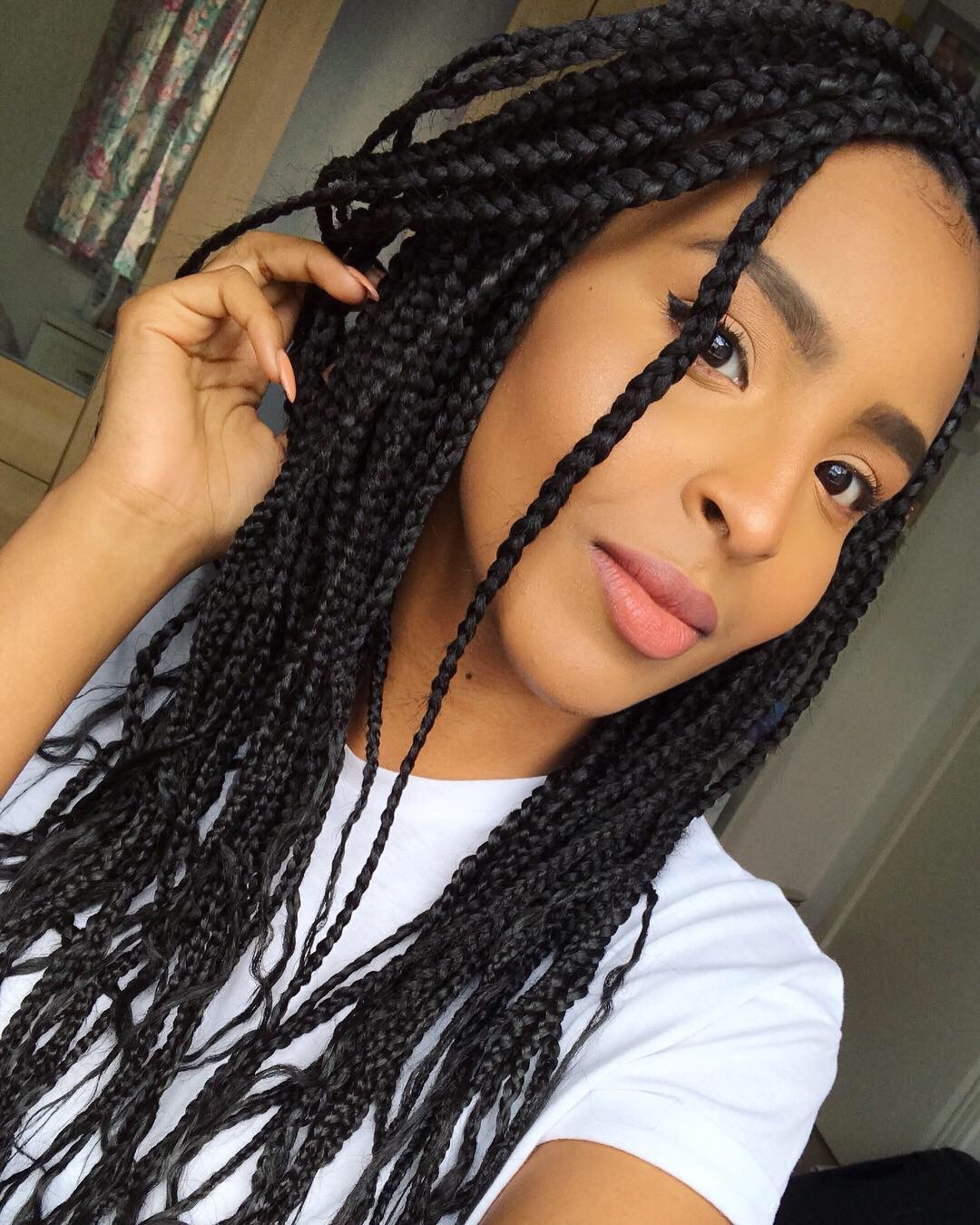Is ‘pretty privilege’ actually a thing? Here's why we should be talking about it
Pretty privilege, or beauty bias, suggests that the conventionally attractive benefit because of their looks. Here’s why it's as toxic as it sounds—and how we can fix it
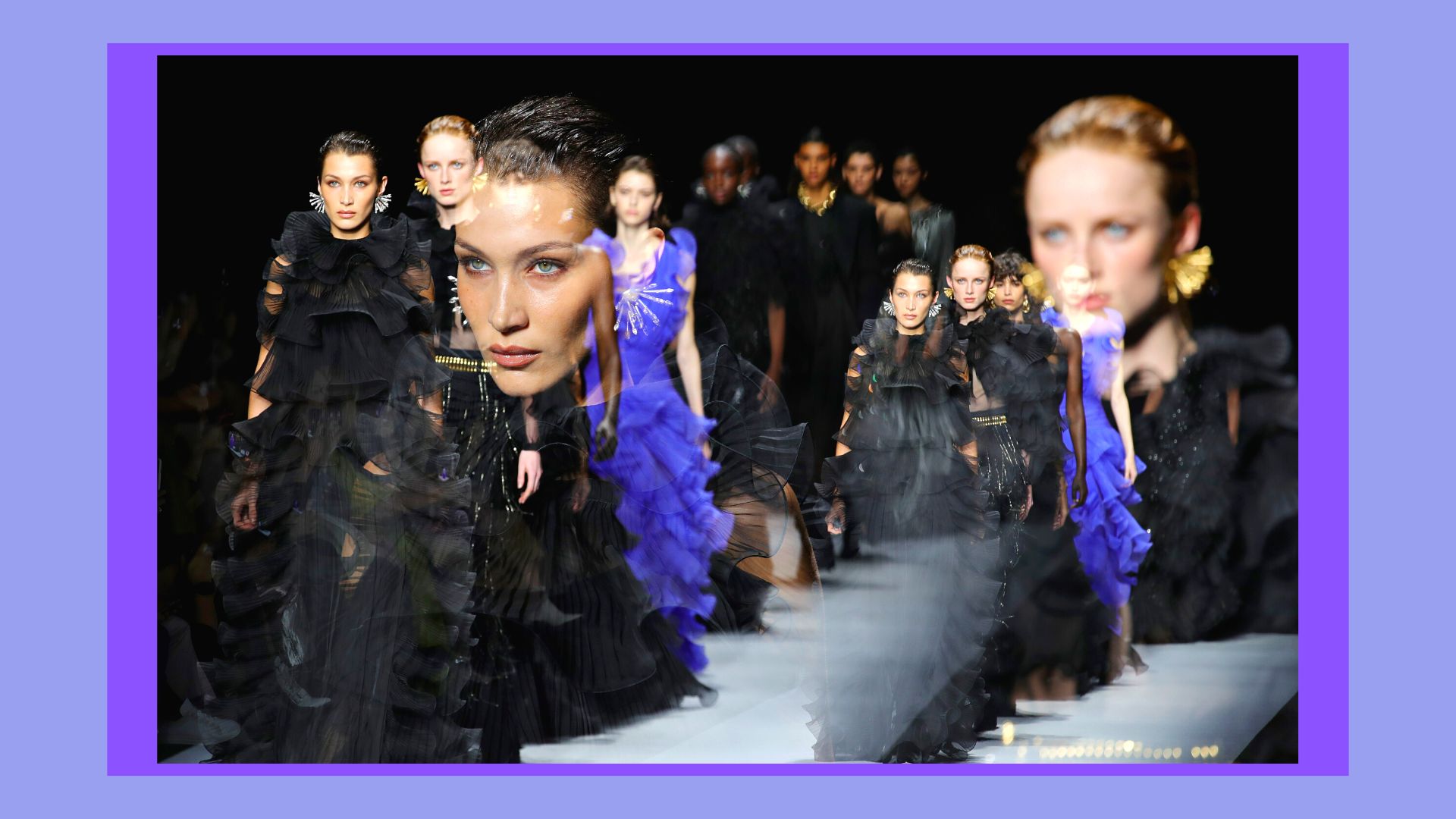
The term "pretty privilege" has been floating around for a while now, largely on social media platforms such as TikTok and Instagram. But what actually is it, and why is its existence debated by some? We take a deep dive into the controversial topic...
Whilst we know that life is far from equal—and that the list of evidence for that is endless—one bias many of us might struggle to accept, let alone talk about, is pretty privilege. It's a topic that's hotly debated, that's for sure. Because while plenty of people embrace its existence and do what they can to break such an unfair system down, others argue that such a concept doesn't exist at all.
So where did the term pretty privilege first come from? As almost all trends go these days, the topic started life out on TikTok—alongside the Olaplex bun trend, the famous TikTok jeans, baked feta pasta, and pesto eggs. And with the videos tagged #prettyprivilege getting a total amount of nearly 70M views, we decided to delve deeper into the subject. So what is pretty privilege, how does it affect the world we live in; and does it actually matter?
What is 'pretty privilege'? And why is it toxic?
What is "pretty privilege"? Pretty privilege works on the principle that people who are deemed more attractive—based on societal beauty standards—have an upper hand in the world, and are afforded many opportunities and advantages that regular folks aren't.
Clinical psychologist Dr. Sarah Bishop explained: "Pretty privilege refers to the advantages that those who conform to the standards of attractiveness within their culture receive."
"it's not often that we are willing to admit it—or even talk about it—especially if we're on the receiving end of its benefits."
Like most other biases, pretty privilege is something we're probably all aware of—whether we have experienced it first-hand or not. Yet, it's not often that we are willing to admit it—or even talk about it—especially if we're on the receiving end of its benefits.
On top of sexism, racism and ageism (all of which influence beauty ideals), where we fall on the physical attractiveness spectrum—however subjective this is—can determine our quality of life, irrespective of our personality, skills, talents or anything else we may have to offer. "To place an overriding importance on looks and to ignore other relevant traits in our evaluation of others is bad, as it means that we overlook other important factors; which could be more useful to us in our weighing up of someone. It also reinforces stereotypes that can be harmful and lead to discrimination," Dr. Sarah said.
This bias, also known as lookism, according to a 2009 report in the Journal of Industrial Relations, is defined as “prejudice or discrimination on the grounds of a person's appearance” and occurs in a variety of settings, including dating and social environments, and workplaces.
When it comes to those with pretty privilege, the idea is that, unconsciously or consciously, they are generally treated in a superior way to others, due to their 'good looks'. It may be that they receive preferential treatment for jobs, that they get discounts or upgrades in commercial settings, or that they are generally treated more kindly by strangers. And there's proof to back the theory of pretty privilege up, too.
"Multiple studies have shown that those deemed more attractive (as according to the standards developed by their society) are more likely to be hired for jobs, receive help and be perceived positively—even if they have not earned it," Dr. Sarah told us.
A post shared by My Imperfect Life (@thisismyimperfectlife)
A photo posted by on
Over on TikTok, many creators continue to discuss pretty privilege with regards to "glow-ups," and how they (or others) are treated before or after becoming "conventionally attractive"—be it through weight loss, a new wardrobe, or a different hairstyle. One creator, @saharrooo, said that people who have experienced this kind of change 'will tell you that pretty privilege is f***ing real'.
She explained: "Because when you weren't attractive, it was like everything you did was annoying...but when you're stereotypically attractive, you get away with so much more, people are so much nicer to you."
How do you know if you benefit from 'pretty privilege'?
Pretty or attractive people are, of course, not all identical. And yes, attraction is very subjective. So how do you know if you benefit from pretty privilege?
According to Dr. Sarah, you may benefit from this kind of privilege if you have a look that people you tend to deem as universally attractive. Because there are without doubt some universal commonalities among 'pretty' people—most, if not all, people who experience pretty privilege will embody European beauty standards; you know, white, tall, thin, likely blonde.
"If you conform to the beauty ideals of the culture you associate with, then it is likely that you will have benefitted from this in some way, due to the inherent biases that many individuals within that culture will hold," Dr. Sarah explained.
More recently, the "Instagram face" has become a supposed marker of a universally "attractive" person. If not consciously, then you're probably unconsciously aware of what we mean—it's the type of face you tend to see more and more of on your TikTok or Instagram feed, and is typically associated with social media and influencer culture.
It was once perfectly described by make-up artist Colby Smith in The New Yorker as “an unrealistic sculpture. Volume on volume. A face that looks like it’s made out of clay.” It conforms to traditional cis-gendered, Eurocentric beauty, often centering on youthful Caucasian features, a thin, abled body, white skin, symmetrical features, and sometimes with a tendency to appear ethnically ambiguous.
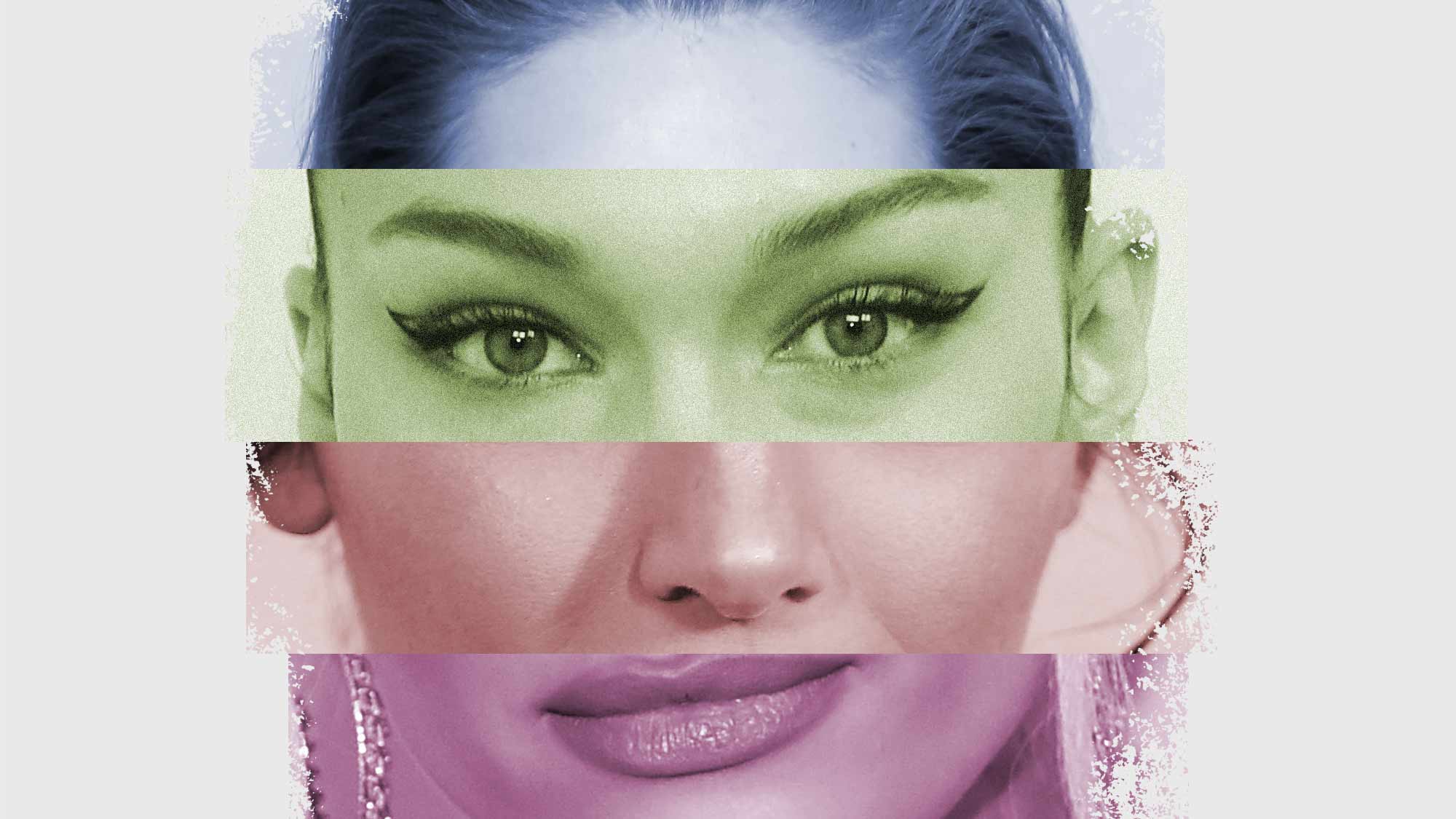
They're all examples of what society deems universally "pretty," and it seems that the closer you are to that 'ideal', the more inclined you are to experience pretty privilege.
“Sometimes called ‘Pulchronomics’, it is widely accepted that the more you resemble the beautiful people that we see in adverts, television, or in magazines, the more likely you will be rewarded financially or given a leg up society's ladder,” says Jon Briggs, broadcaster and communications coach.
This idea has come into even keener focus recently, with the mounting popularity of insidious TikTok filters such as the #beautyscanner filter and the #attractivenessfilter—both of which supposedly 'scan' your face and give you a beauty rating. These social media effects, while clearly little more than a game with no basis in fact, have been used millions of times, suggesting how ardently people desire to be deemed conventionally attractive and have also reaffirmed the idea that being so is a societal privilege.
There's also the huge rise in filters on TikTok and Instagram that supposedly edit out all your imperfections with the click of a button, giving you the rosy cheeks, sculpted chin and cheekbones, and wide doe eyes of a supposedly 'pretty' person. In fact, TikTok's recent "Bold Glamour" filter—which gives you the look of a conventionally attractive person, with dark eye makeup, bigger lips, chiseled cheekbones and perfectly shaped eyebrows—is the perfect example of this.
And these filters can be so convincing that it can become impossible to tell who is using one, and who isn't.
Why is 'pretty privilege' a thing?
So just why are those with pretty privilege favored in society? It's one thing to accept that pretty privilege exists, but knowing why it exists is also key to understanding it.
According to Briggs, it may well be because those who are "pretty" tend to exude more confidence and ease than those without the privilege—rather than because we deem them to be more educated, hard-working or nicer to be around.
“The beauty bias means that people who look good (as judged by society as a whole) tend to get an easier ride, even though there is no proof that they are smarter, more capable, or intelligent than anyone else.”
Jon Briggs, broadcaster and coach
Briggs explained: ”Economically it's been shown that ‘beautiful’ people are no more productive or creative than us mere mortals, but they do possess bucket loads of confidence in their own skills, and employers [for example] find self-confidence a very attractive trait.”
There's also the school of thought that as a society, we tend to reward physical attractiveness over pretty much anything else. This is something that can be clearly seen when people announce a weight loss success, for example, and are praised hugely and continually for it. In fact, in a 2015 World of Labor report, economist Eva Sierminska concluded that because of this fact, pretty people tend to earn 15% more in professional settings than those without pretty privilege.
In the report, she said: “Our societies reward investments in physical appearance. And contrary to some expectations, men benefit more in the labor market from investing in good looks than women."
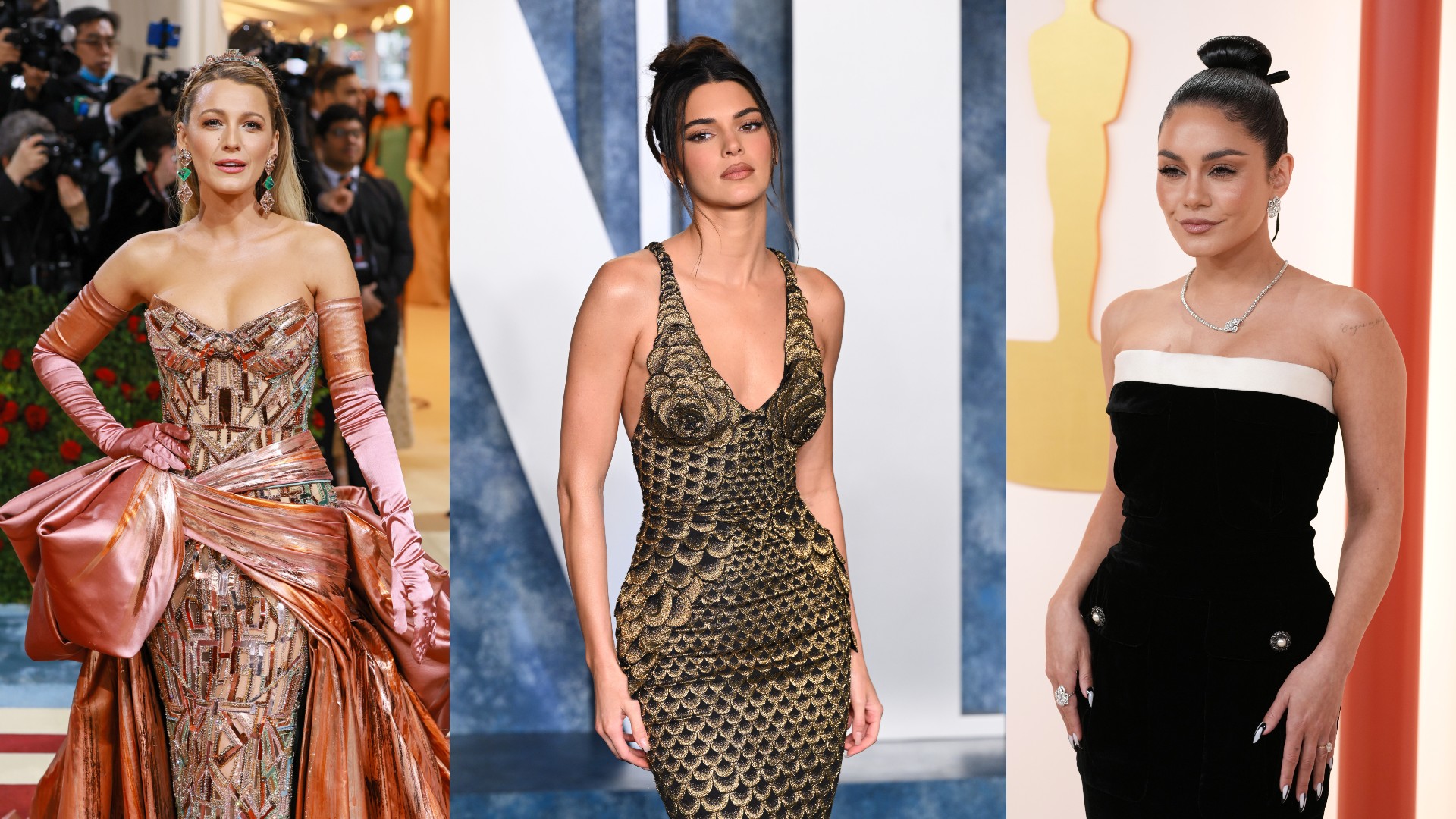
Interestingly, Briggs also explained that pretty privilege can extend outside of social and financial rewards—it even be extremely powerful when it comes to breaking the law and getting away with it.
The topic is one that has been highlighted and investigated in the Netflix series 100 Humans. The show gathers a group of 100 diverse people to participate in interactive experiments designed to answer questions regarding “age, sex, happiness, and other aspects of being human", and explores whether good looks can keep you out of jail. After conducting a survey and extensive research, they concluded that the answer is yes. “It has been proven that if someone attractive commits a crime they are less likely to be found guilty and get less severe sentences,” says Briggs.
So, what are the roots of pretty privilege and beauty bias? Is it something that is effectively part of our brain, or do we learn it as we grow up? And, if so, can it be unlearned?
Can beauty bias be unlearned?
Among experts, the notion of whether we learn beauty bias from birth, or that it is something we grow to learn, is debated.
Hypnotherapist Andrew Pearson explains that he believes beauty bias is something we are conditioned to from as early as birth. “A baby’s eyes are much larger in relation to the size of their heads and their noses conversely much smaller. The adult brain is conditioned to see this combination of large eyes and small noses and to feel the urge to love and protect. Is it any wonder that the same killer combo should be so effective when we have grown into an adult?"
And, he says, this continues into our adult lives, as the media plays a larger part in our lives.
“For many years we have seen that certain groups of people have been largely excluded from the cultural landscape, in low art and high art," Andrew said.
"In advertising, film, TV, art, photography, and even writing, people whose skin color was too dark, whose waistlines were too wide, whose faces were not symmetrical, or whose legs were paralyzed struggled to find representation in mainstream media. But if this social conditioning can be learned, then it follows that it can be unlearned.”
"We need to recognise and challenge our own biases. And we can do this by approaching beauty with an open mind; seeking out different perspectives and questioning any assumptions that are made purely on looks."
Dr. Sarah Bishop, clinical psychologist
It's no secret that it’s harder to unlearn something than it is to learn it, hence the saying ”old habits die hard." However, according to Pearson, it is doable—but it won't be easy.
“The more we see diversity on our TV screens and catwalks, the more we grow to understand and accept that there is no ‘perfect’ and that people can express beauty in many different ways,” he says. “And this, in turn, will lead to a big reward for society as a whole in terms of raised self-esteem, as people realize that they have a voice and are valuable, irrespective of how they look.
"This, in turn, should lead to opportunities opening up for them, as they no longer get overshadowed by others who are perceived as being more ‘conventionally beautiful'.”
A post shared by Emily Ratajkowski (@emrata)
A photo posted by on
Dr. Sarah explains that we can also regularly challenge the idea of pretty privilege in our daily lives, too, to address the problem as a whole. "We need to recognize and challenge our own biases (towards ourselves and others; both the positive and negative). We can do this by approaching beauty with an open mind; seeking out different perspectives and questioning any assumptions that are made purely on looks."
Ultimately, widespread change in our thoughts, values and actions is needed for the toxic idea of pretty privilege to be dismantled. And while that's not an easy task, it begins by doing what we can in any small way to challenge it.
Sagal is a journalist, specialising in lifestyle, pop culture, fashion and beauty. She has written for a number of publications including Vogue, Glamour, Stylist, Evening Standard, Bustle, You Magazine, Dazed and Wonderland to name a few.
